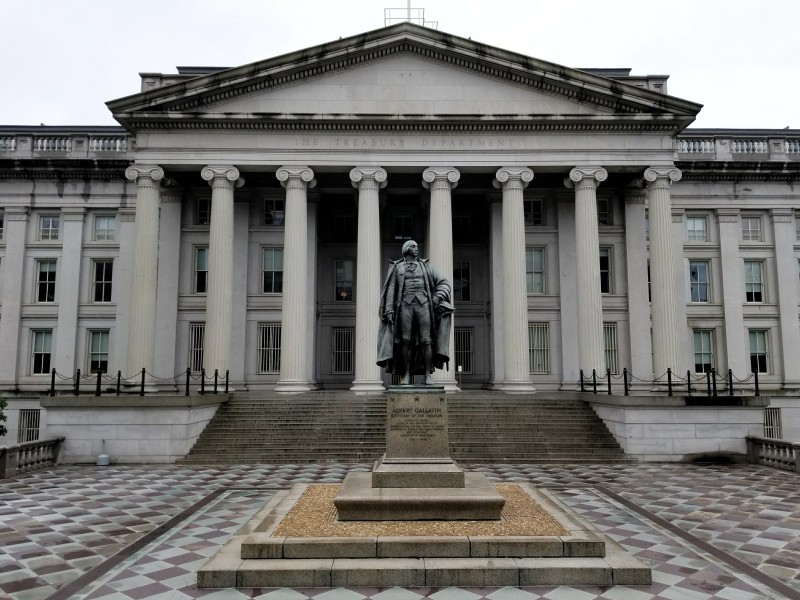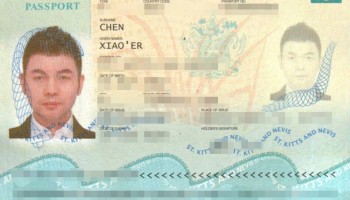Reported by
The U.S. has sanctioned 19 individuals and companies in Southeast Asia, accusing them of running scam center operations that use slave labor to bilk Americans out of billions of dollars.
Regional experts welcomed the move, but urged local authorities to crack down, and said the U.S. should widen its sanctions.
“They target some of the key Chinese mafia figures and Myanmar militia leaders behind the scam operations,” said Jason Tower of the Global Initiative against Transnational Organized Crime, a civil society organization.
“But they should be expanded to target the full range of key Chinese, Myanmar and Cambodian actors involved,” he told OCCRP.
The U.S. Treasury Department said in a September 8 statement that it had sanctioned 10 actors in Cambodia, and nine in Myanmar operating out of Shwe Kokko, “a notorious hub for virtual currency investment scams” on the border with Thailand.
Shwe Kokko is controlled by the Karen National Army, a militia aligned with Myanmar’s ruling military junta. The U.S. sanctioned the militia and its leader, Saw Chit Thu, in May.
Saw Chit Thu and businessman She Zhijiang developed a massive compound in Shwe Kokko called Yatai New City, which has become a center of scam operations fuelled by forced labor.
“Scam operators at Yatai New City reportedly have lured recruits from around the world under false pretenses, only to detain and physically abuse them, while forcing them to work for crime syndicates as online scammers,” the Treasury Department said.
“Escaped victims have reported being held captive until ransoms are paid by their families, beaten for failing to make quotas, and forced into commercial sex work.”
She Zhijiang was also among those sanctioned this week. Born in China, he holds citizenship in both Myanmar and Cambodia. OCCRP has previously revealed his corporate connection to a large Special Economic Zone in Cambodia, which has been the subject of several reports of forced labor at scam compounds.
Montse Ferrer, regional director of research at the rights group Amnesty International, said Cambodia should do more to fight rampant scam and human trafficking operations.
“We welcome measures taken by the international community against sophisticated operations that involve slavery, torture, and child labour,” she told OCCRP, urging Cambodia to now address the “scamming crisis by investigating these companies and individuals itself.”
“So far, it has shown only that it is aware of the issue and grossly failing to counter it,” she added.
Cambodia’s Ministry of Interior said in a June statement that it is “strongly committed” to collaborating with other countries to “prevent, intercept and suppress online crimes, human trafficking and money laundering.”
Myanmar’s military government said in its state-run newspaper on August 27 that it is “strictly cracking down on online scams and online gambling.” The newspaper, the Global New Light of Myanmar, reported that authorities deported 57 foreigners “involved in telecom fraud and other criminal activities” in Kayin State, where Shwe Kokko is located.
However, researchers from think tanks including the Australian Strategic Policy Institute (ASPI) have linked scam operations to the regime. Myanmar’s junta “permits and facilitates scam projects to enrich military allies,” according to a report published this week by ASPI, which is considered to be closely aligned with Australian foreign policy goals.
The U.S. Treasury Department said Americans lost an estimated $10 billion in 2024 to scam operations based in Southeast Asia, which was a 66 percent increase over 2023.






